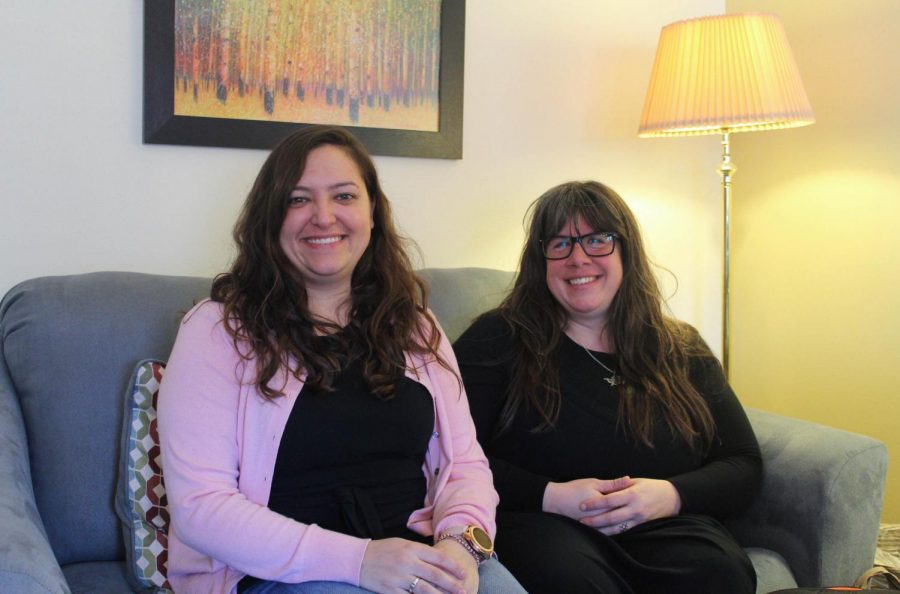Beavers Belong Support Network strives to build mental health community, belonging
February 25, 2019
Applications are now open for leadership positions with the new Beavers Belong Support Network, a program created to build community and foster belonging among Oregon State University students who may struggle with mental health.
Counseling and Psychological Services recently released their health assessment and found that loneliness and isolation were one of the top problems students were suffering with at Oregon State University. Heather Webster-Henry, a staff counselor at CAPS and a coordinator for the Beavers Belong Support Network, said that anecdotally, she had heard from many students that they felt disconnected and alone.
“I’m really looking forward to having a place to refer students who really need this as a piece of their community building and mental health support,” Webster-Henry said. “I’m really excited to have it as a resource.”
Bonnie Hemrick, a mental health promotion specialist at CAPS, also noticed this trend of a feeling of isolation within the student population, and said that students asked her for some version of peer support around mental health. As a result, a committee was invoked, and the idea of the Beavers Belong Support Network was created.
The framework for Beavers Belong is modeled off a successful program at the University of Michigan, known as the Wolverine Support Network. Hemrick said the committee has partnered with Michigan in order to get OSU’s support network up and running.
The Beavers Belong Support Network will take a community-building approach, consisting of weekly meetings led by student leaders. Each leader will have a time and space where they meet, and students are encouraged to attend whichever group best fits their schedule.
“It’s mainly around community building, a sense of belongingness and a normalization of mental health struggles and decrease of mental health stigma,” Hemrick said. “Just making that conversation more approachable, just to be vulnerable with your peers, because that can be hard from what we hear from students.”
Josey Koehn, a fourth-year studying speech communication, became involved with the creation of Beavers Belong after taking her position as ASOSU coordinator of wellness affairs. Koehn said that one key purpose of Beavers Belong is to provide students with the opportunity to get involved in a network of supportive peers, particularly if they lack other support or involvement in other groups or organizations on campus.
Koehn also said one of the group’s goals is to destigmatize the idea of finding a place to deal with loneliness and mental health.
“I think it’s really important for college campuses — across academics, student involvement, etc. — to create a kind of holistic culture of care towards mental health, so that it perpetuates every single aspect of the university experience and so people know it is okay to talk about and okay to struggle with,” Koehn said.
ASOSU has been a key sponsor of the program, providing funds to the program through the OSU House Projects Committee.
According to Hemrick, the goal is to launch the support network in fall 2019, but the program is currently accepting applications to fill leadership roles, including director and leader positions. In the director role, students will serve as members of the Support Network Advisory Board, and will assist in building the support network and overseeing the program. Students in leader positions will undergo trainings in order to facilitate the weekly groups for students, and will help to organize social events.
Beavers Belong Support Network is looking to hire five students for the director position, and around 15-20 for the leader position. Interested students are encouraged to apply, said Hemrick. Applications for director positions are due on March 1, and applications for leader positions will be accepted on a rolling basis through this academic year.
“Students are here to learn, they’re here to get their degree and advance themselves, and when we look at data from the NCHA that we collect, mental health is one of the biggest impediments to academics across the board, here and nationally,” Hemrick said. “The more we address that, the better students can focus on their academics and why they are here.”










































































































